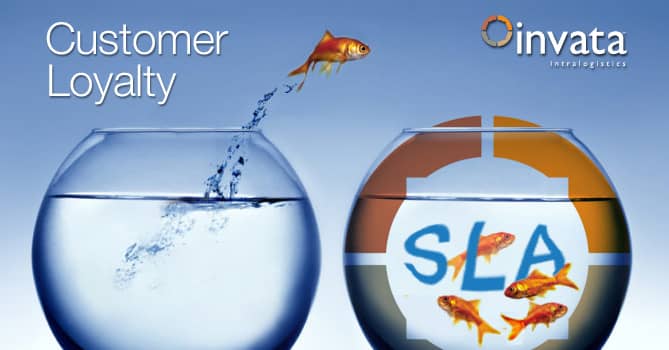Many retailers are considering investments in automated fulfillment systems today because of the strategic benefits and competitive edge automation can bring — especially to retailers facing omnichannel distribution challenges. But when it comes to actually investing in automation, some retailers shy away from the level of change that will net them the advantages they seek. Why?
The blame often lies in the payback analysis needed to justify the capital investment. Too often retailers focus their analysis only on the cost savings associated with the automation — reduced labor requirements, lower shipping costs, increased processing efficiencies — and not on the revenue generation that will come with increased customer loyalty. This lack of insight into the bigger picture benefits that come with automation can mean the difference between automation that simply enhances internal operational efficiencies and automation that actually nets a retailer a competitive market advantage.
The reality that many retailers miss is the fact that the companies with the competitive edge are the ones that retain customers. (If there’s any doubt, do a little research on the customer loyalty statistics for Amazon and Amazon Prime.) And, not surprisingly, it’s also the companies with the competitive edge that recognize the revenue generation benefits of customer loyalty and factor that into their payback analysis when it comes to cost justifying investments in automation.
Customer loyalty has long been recognized by authors like Frederick Reichheld and W. Earl Sasser Jr. to have many economic benefits that lead to greater profits and increased revenue. This can be attributable to the fact that loyal customers have been shown to spend more than new customers over time, purchase higher margin goods, and act as commission-free referrals to the businesses they support. 1 They also cost less to serve. And they cut down on the need for costly new customer acquisition.
So how does automation lead to greater customer loyalty?
Simply put, greater efficiencies in a retailer’s ability to fulfill orders leads to a higher level of customer service across all retail channels. Higher levels of service not only translate to satisfied customers who will return for future purchases, but just as importantly, also translate to fewer lost customers who will take their business to the competition for the next purchase.
One of the ways retailers measure their success in the areas of customer service is through their adherence to what is referred to as the service level agreement (or SLA) between the retailer and the customer. The service level agreement specifies the commitment date or product delivery date retailers give to customers who purchase goods online. The greater the level of adherence to the SLA, the greater the level of customer satisfaction and retention.
Given that, smart retailers are keenly focused on the SLA as a means of measuring fulfillment success. Recent innovations in omnichannel fulfillment have enabled retailers to implement automated fulfillment systems that ensure compliance with service level agreement commitments. Automation technology such as ASRS shuttles, sorters, and goods-to-person picking stations in combination with algorithmic-rich warehouse software and waveless processing methodologies enable fulfillment efficiencies with which manual or even partially automated systems can’t compete. Integrated TMS systems such as the one native to MSI Automate’s Automate Software Platform provide extra layers of protection by enabling retailers to adjust shipping methods on the fly at the last possible moment to ensure promised delivery dates are met.
So if your company is considering automating its fulfillment operation, don’t overlook or underestimate the potential revenue generation that will come from a strong base of loyal customers. The equation for your payback analysis should be:
cost savings/yr + revenue generated/yr = financial justification
1 As excerpted from the white paper: The Economics Behind Customer Loyalty
Walter High is VP Marketing at MSI Automate, where he has worked since 2012.

